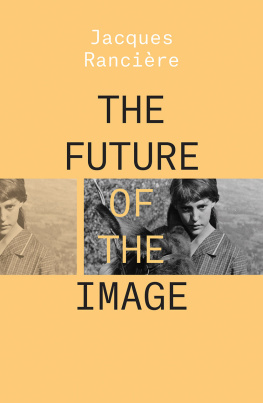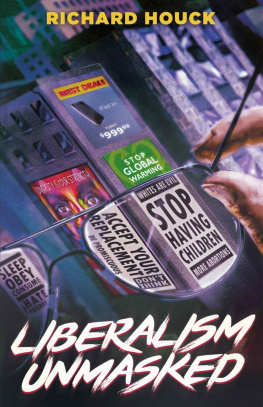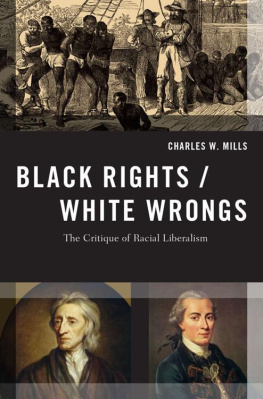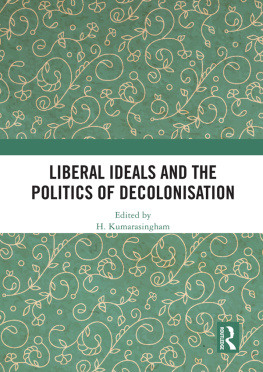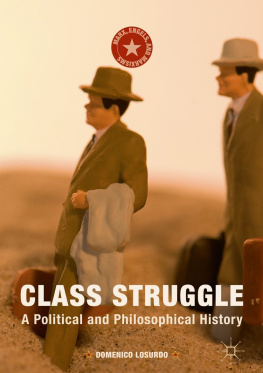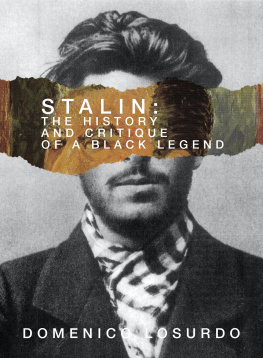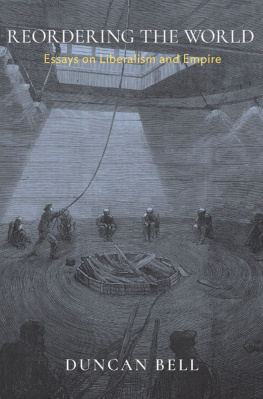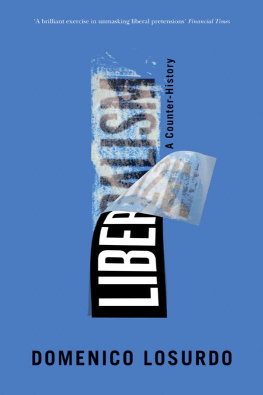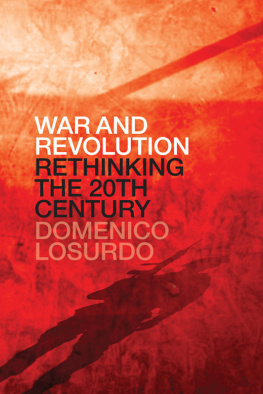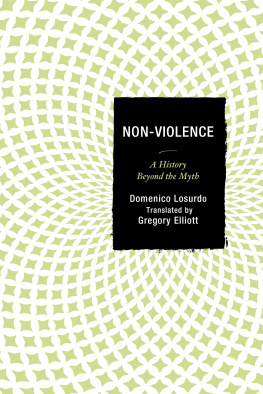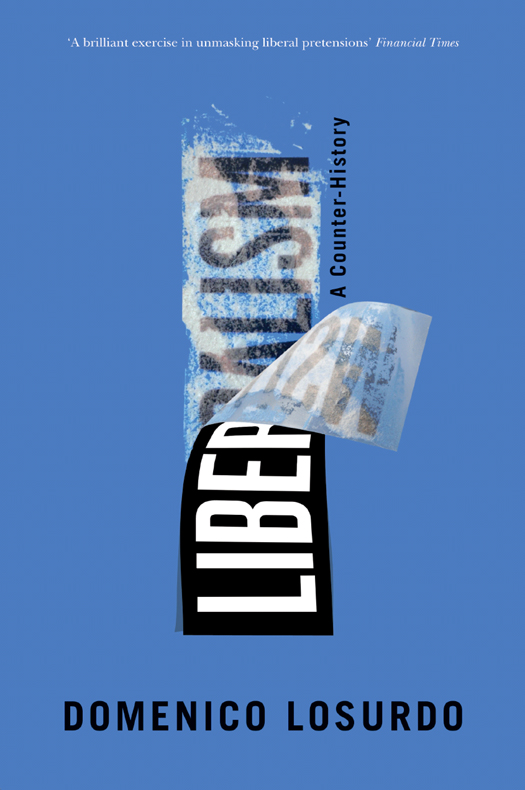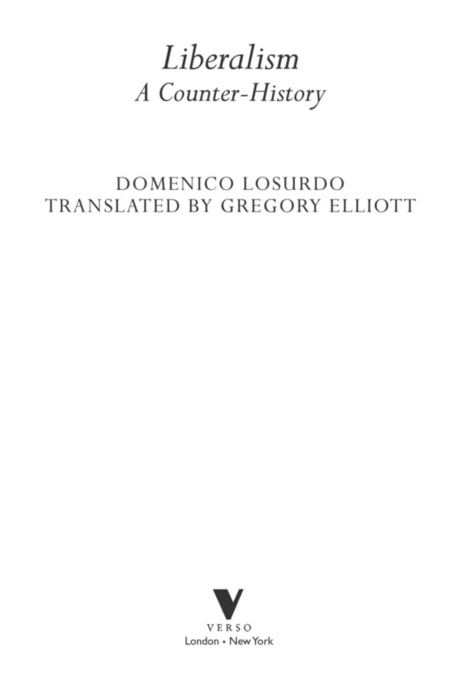The translation of this work has been funded by SEPS
S EGRETARIATO E UROPEO PER LE P UBBLICAZIONI S CIENTIFICHE

Via Val dAposa 740123 Bologna Italy
This paperback edition first published by Verso 2014
First published in English by Verso 2011
Translation Gregory Elliott 2011, 2014
First published as Controstoria del Liberalismo
Gius. Laterza & Figli 2006
All rights reserved
Published by arrangement with Marco Vigevani Agenzia Letteraria
The moral rights of the author have been asserted
Verso
UK: 6 Meard Street, London W1F 0EG
US: 20 Jay Street, Suite 1010, Brooklyn, NY 11201
www.versobooks.com
Verso is the imprint of New Left Books
ISBN-13: 978-1-78168-166-4
eISBN-13: 978-78168-525-9 (UK)
eISBN-13: 978-78168-216-6 (US)
British Library Cataloguing in Publication Data
A catalogue record for this book is available from the British Library
Library of Congress Cataloging-in-Publication Data
Losurdo, Domenico.
[Controstoria del liberalismo. English]
Liberalism : a counter-history / Domenico Losurdo.
pages cm.
ISBN 978-1-78168-166-4 (pbk.) ISBN 978-1-84467-693-4 (hard)
1. Liberalism. I. Title.
JC574.L6713 2014
320.51dc23
2013033156
v3.1
To Jean-Michel Goux, in friendship and gratitude
Contents
A Short Methodological Introduction
How does this book differ from existing histories of liberalism, which continue to appear in growing numbers? Does it really succeed in making the innovation promised by the title? Once they have finished it, readers will be able to give their own answer. For now, the author can limit himself to a statement of intent. In formulating it, a great example can aid us. About to embark on the history of the collapse of the ancien rgime in France, de Tocqueville observed of studies of the eighteenth century:
[W]e imagine we know all about the French social order of that time, for the good reason that its surface glitter holds our gaze and we are familiar not only with the life stories of its outstanding figures but also, thanks to the many brilliant critical studies now available, with the works of the great writers who adorned that age. But we have only vague, often quite wrong conceptions of the manner in which public business was transacted and institutions functioned; of the exact relations between the various classes in the social hierarchy; of the situation and sentiments of that section of the population which as yet could neither make itself heard nor seen; and, by the same token, of the ideas and mores basic to the social structure of eighteenth-century France.
There is no reason not to apply the methodology so brilliantly indicated by de Tocqueville to the movement and society of which he was an integral and influential part. Solely because he intends to draw attention to aspects that he believes have hitherto been largely and unjustly ignored, the author refers in the books title to a counter-history. Otherwise, it is a history, whose subject-matter alone remains to be specified: not liberal thought in its abstract purity, but liberalism, and hence the liberal movement and liberal society, in their concrete reality. As with any other major historical movement, this involves investigating the conceptual developments, but alsoand primarilythe political and social relations it found expression in, as well as the more or less contradictory link that was established between these two dimensions of social reality.
And so, in commencing the investigation, we are forced to pose a preliminary question concerning the subject whose history we intend to reconstruct: What is liberalism?
Alexis de Tocqueville, The Ancien Rgime and the French Revolution, trans. Stuart Gilbert, London: Fontana, 1966, p. 24.
CHAPTER ONE
What Is Liberalism?
1. A series of embarrassing questions
The usual answer to this question admits of no doubt: liberalism is the tradition of thought whose central concern is the liberty of the individual, which is ignored or ridden roughshod over by organicist philosophies of various kinds. But if that is the case, how should we situate John C. Calhoun? This eminent statesman, vice president of the United States in the mid-nineteenth century, burst into an impassioned ode to individual liberty, which, appealing to Locke, he vigorously defended against any abuse of power and any unwarranted interference by the state. And that is not all. Along with absolute governments and the concentration of power, he unstintingly criticized and condemned fanaticism And, given the concrete balance of forces in the United States, it was not difficult to imagine which of the two would succumb: blacks could only survive on condition of being slaves.
So is Calhoun a liberal? No doubts on this score were harboured by Lord Acton, a prominent figure in liberalism in the second half of the nineteenth century, an advisor and friend of William Gladstone, one of the major figures in nineteenth-century England. In Actons view, Calhoun was a champion of the cause of the struggle against any form of absolutism, including democratic absolutism; the arguments he employed were the very perfection of political truth. In short, we are dealing with one of the major authors and great minds in the liberal tradition and pantheon.
Albeit in less emphatic language, the question has been answered in the affirmative by those who in our time celebrate Calhoun as a strong individualist, In no doubt is one US publishing house, committed to republishing in a neo-liberal key Liberty Classics, among which the eminent statesman and ideologue of the slaveholding South features prominently.
The question we have posed does not only emerge from reconstructing the history of the United States. Prestigious scholars of the French Revolution, of firm liberal persuasion, have no hesitation in defining as liberal those figures and
We face a dilemma. If we answer the question formulated above (Is Calhoun a liberal?) in the affirmative, we can no longer maintain the traditional (and edifying) image of liberalism as the thought and volition of liberty. If, on the other hand, we answer in the negative, we find ourselves confronting a new problem and new question, which is no less embarrassing than the first: Why should we continue to dignify John Locke with the title of father of liberalism? Calhoun refers to black slavery as a positive good. Yet without resorting to such brazen language, the English philosopher, to whom the US author explicitly appealed, regarded slavery in the colonies as self-evident and indisputable, and personally contributed to the legal formalization of the institution in Carolina. He took a hand in drafting the constitutional provision according to which [e]very freeman of Carolina shall have absolute power and authority over his Negro slaves, of what opinion or religion soever. In fact, the latters position proves even more compromising; for good or ill, in the slaveholding South of which Calhoun was the interpreter, there was no longer any place for the deportation of blacks from Africa, in a terrible voyage that condemned many of them to death before they landed in America.


